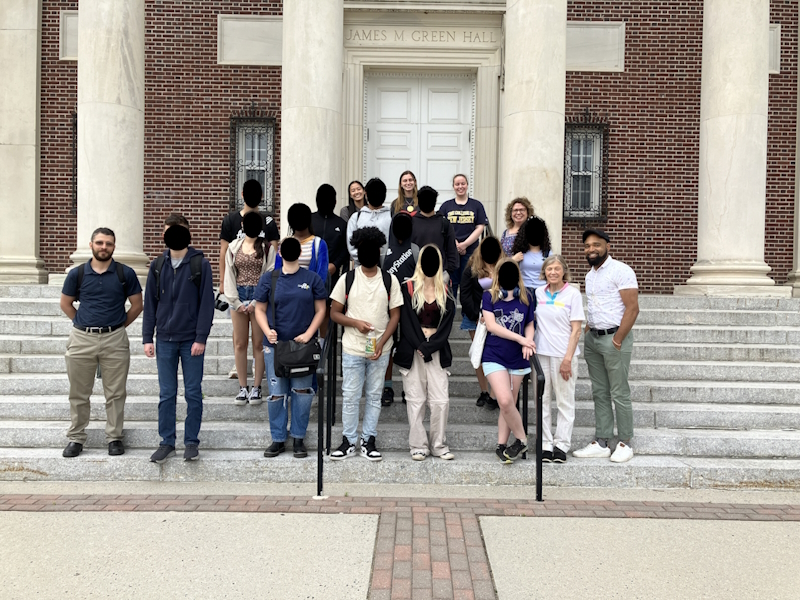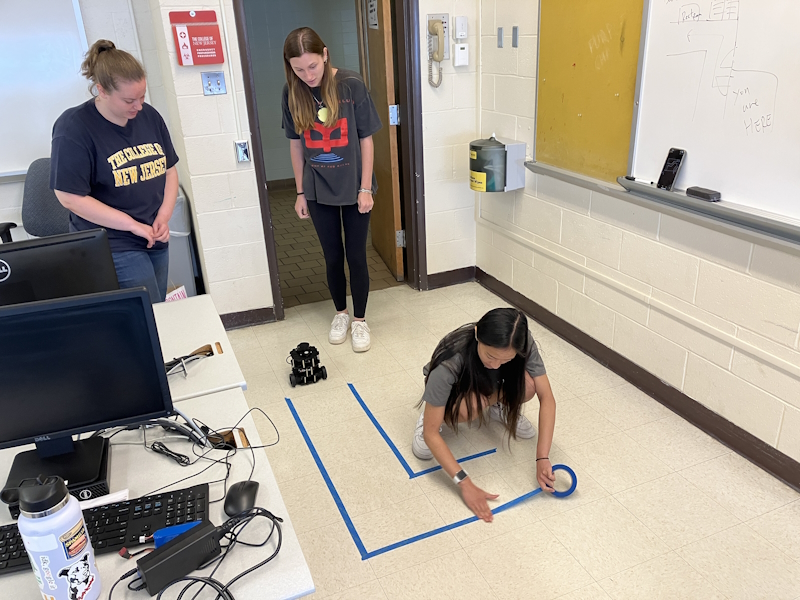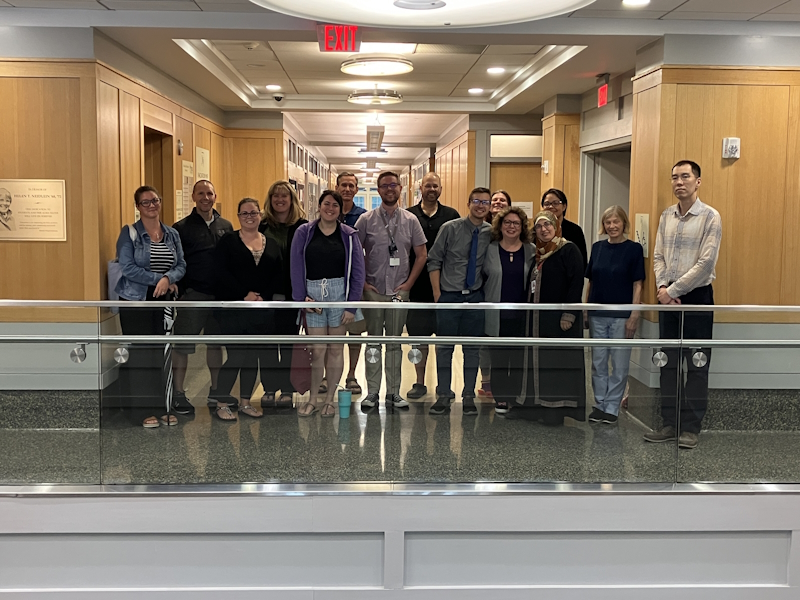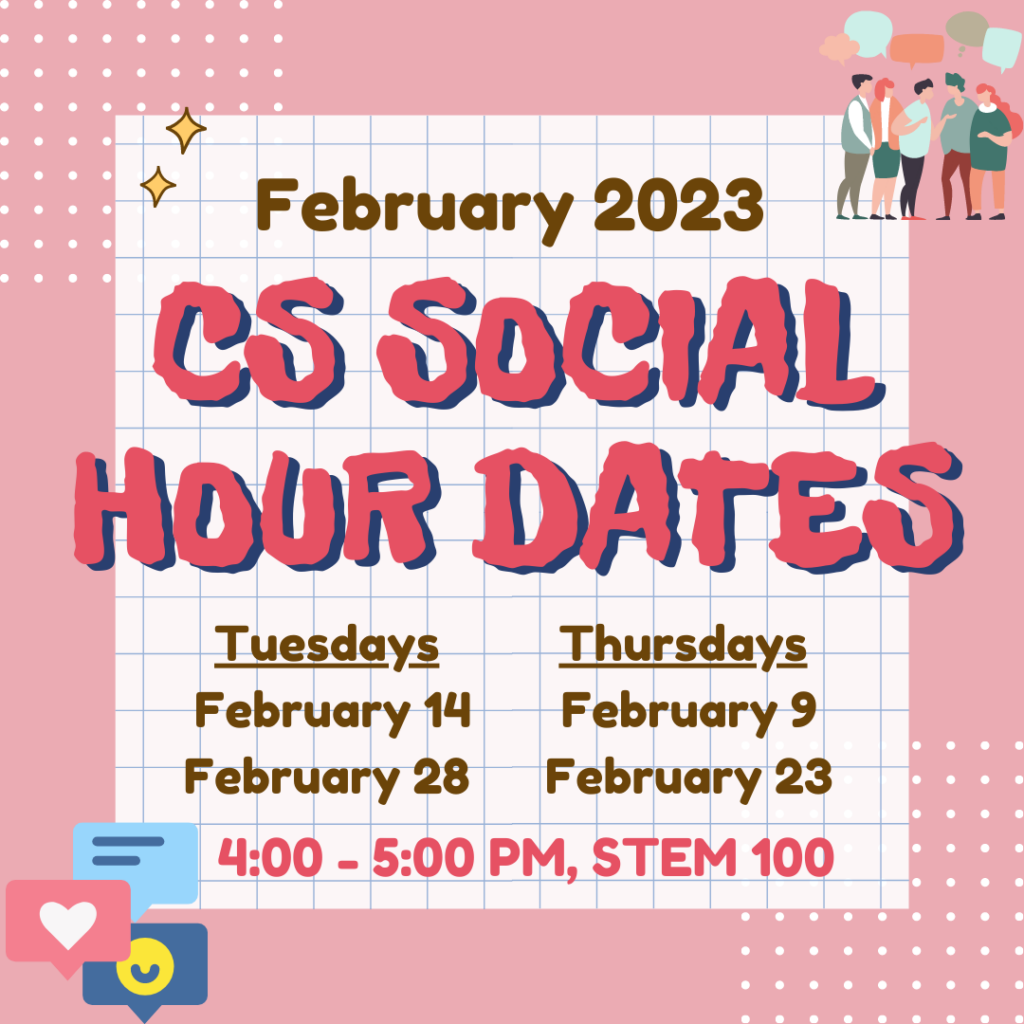Tomer Aberbach, senior software engineer at Google and CS Department alumnus, will give a technical talk, titled “How Does Google Docs Work?” on Friday, March 1, from 12:30 – 1:30 PM, in Science Complex P-101.
See below for more information about our speaker.
Abstract: When Google Docs was released, its real-time collaboration features were groundbreaking, but how do they work? How is a Google Doc represented and stored? How are conflicts between collaborators resolved? Come learn about the inner workings of your favorite online word processor!
Speaker Bio: Tomer Aberbach, Senior Software Engineer at Google, has been working on the Google Docs team since 2020. He has worked on features such as autocorrect, email notifications, Markdown support, and the Bard AI integration. Prior to Google, Tomer attended The College of New Jersey from 2016 to 2019 and graduated with a computer science major and math minor.




